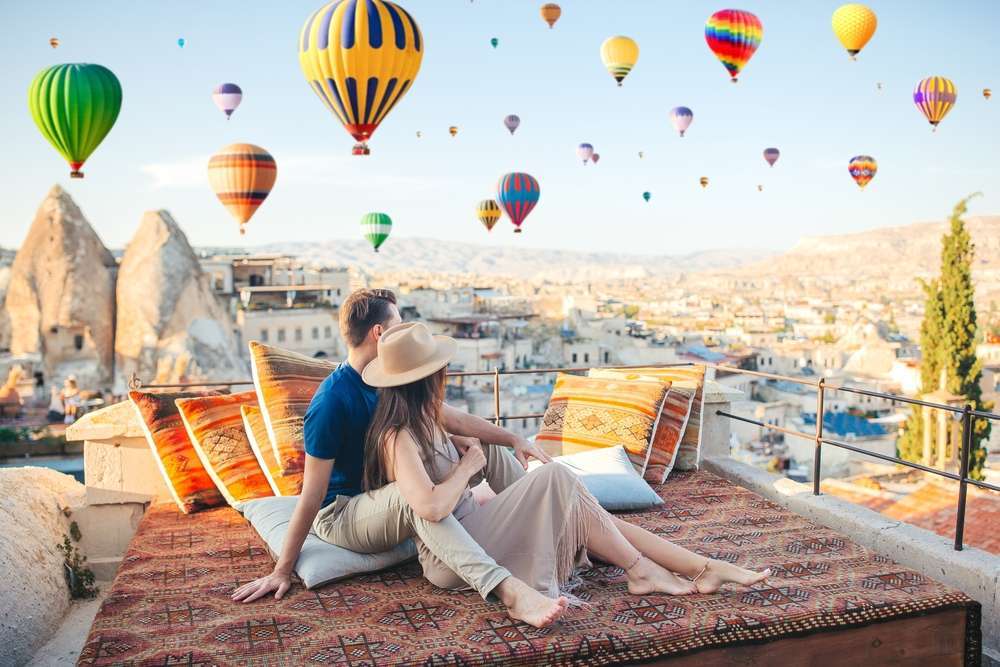India, often referred to as the “land of festivals,” is a vibrant tapestry of cultural diversity, where people from different regions, religions, and backgrounds come together to celebrate a myriad of colorful and joyous festivals throughout the year. From grand religious celebrations to lively cultural events, festivals play a significant role in Indian society, serving as occasions for communal harmony, spiritual renewal, and cultural exchange. In this article, we explore the rich tapestry of festival tourism in India, highlighting the diversity of traditions, customs, and celebrations that unite the country in a spirit of joy, camaraderie, and unity.
INDIAN VISA FOR UNITED STATES CITIZENS
Religious Festivals: Celebrating Faith and Devotion
Religious festivals hold a special place in Indian culture, providing opportunities for devotees to express their faith, devotion, and reverence to the divine. Whether Hindu, Muslim, Sikh, Christian, or Jain, Indians celebrate a multitude of religious festivals throughout the year, each with its own unique rituals, customs, and significance. One of the most widely celebrated religious festivals in India is Diwali, the festival of lights, which marks the victory of good over evil and the return of Lord Rama to Ayodhya after defeating the demon king Ravana. During Diwali, homes and streets are adorned with colorful decorations, clay lamps, and twinkling lights, while families gather to exchange gifts, share sweets, and offer prayers to the goddess Lakshmi for prosperity and good fortune. Similarly, Eid al-Fitr, the festival that marks the end of Ramadan, is celebrated with great fervor and enthusiasm by Muslims across India, who gather for special prayers, feasts, and festive gatherings to commemorate the end of the month-long fasting period and express gratitude for blessings received.
Cultural Festivals: Showcasing Diversity and Tradition
In addition to religious festivals, India is also home to a diverse array of cultural festivals that celebrate the country’s rich heritage, traditions, and artistic expressions. From classical music and dance to folk arts and crafts, these festivals offer visitors a glimpse into the soul of India’s cultural identity and creative spirit.
One such festival is the Kumbh Mela, a mass Hindu pilgrimage that takes place every 12 years at four sacred sites across India, where millions of devotees gather to bathe in the holy rivers and seek spiritual purification and blessings. The Kumbh Mela is not only the largest religious gathering in the world but also a celebration of India’s rich spiritual heritage and cultural diversity. Another cultural extravaganza is the Durga Puja festival in West Bengal, where elaborate pandals (temporary structures) are erected to house elaborately crafted idols of the goddess Durga, along with colorful decorations, cultural performances, and festive processions that showcase the region’s artistic talents and creative ingenuity.
Regional Festivals: Embracing Local Traditions and Customs
India’s vast and diverse landscape is dotted with a multitude of regional festivals that reflect the unique traditions, customs, and folklore of different states and communities. From the vibrant colors of Holi in North India to the rhythmic beats of Onam in Kerala, these festivals offer visitors a glimpse into the rich tapestry of regional cultures that coexist and thrive in India.
In Punjab, the festival of Baisakhi marks the harvest season and the Sikh New Year, with vibrant celebrations that include traditional music, dance, and martial arts performances, as well as community feasts and processions that symbolize unity, prosperity, and gratitude for the bounty of nature. Similarly, in the northeastern state of Manipur, the Yaoshang festival, also known as Manipur Holi, is celebrated with great pomp and splendor, with locals and visitors alike taking part in colorful processions, folk dances, and traditional games that reflect the region’s unique cultural heritage and spirit of camaraderie.
Conclusion
Festival tourism in India offers travelers a unique opportunity to experience the country’s rich cultural diversity and heritage firsthand, while also celebrating the values of unity, harmony, and communal spirit that lie at the heart of Indian society. Whether attending religious ceremonies, cultural performances, or regional celebrations, visitors to India are sure to be captivated by the vibrancy, color, and joy that permeate the country’s festive atmosphere. As the world continues to embrace the values of cultural diversity and intercultural understanding, India’s festivals serve as shining examples of the power of celebration to unite people across boundaries of religion, language, and ethnicity, fostering a sense of belonging, acceptance, and shared humanity in an increasingly interconnected world.
Read more: Wellness Tourism: Ayurvedic Retreats and Holistic Healing in India



